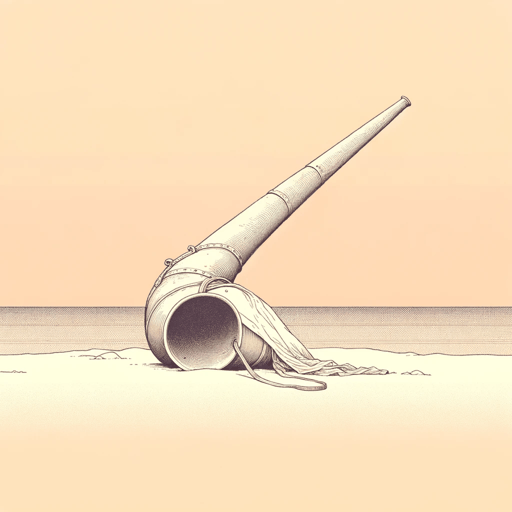19 pages • 38 minutes read
AnonymousThe Song of Roland
Fiction | Poem | Adult | Published in 1095A modern alternative to SparkNotes and CliffsNotes, SuperSummary offers high-quality Study Guides with detailed chapter summaries and analysis of major themes, characters, and more.
Themes
Chivalric Honor
The moral code that permeates later chivalric romances was still in flux during The Song of Roland’s composition. Some characteristics, such as it being dishonorable to attack from behind, as Marganice does when he “strikes Oliver right in the back” (Line 1945), are consistent with later forms of chivalry. However, Roland’s code of chivalric honor also looks back to older forms of heroism and familial duty.
Familial duty plays a large role in Roland’s plot. Roland is honor-bound to Charlemagne as his vassal and as his nephew, and to Ganelon as his stepson. In the dispute between Charlemagne and Ganelon regarding Roland’s placement in the rearguard, this code of familial duty requires both Roland and Charlemagne to follow Ganelon’s suggestion. Roland cites “dishonour [to] my family” (Line 788), for example, when refusing the king’s additional troops. Roland’s trust in Ganelon signals Roland’s adherence to these cultural virtues rather than his blindness to Ganelon’s plans (See: Poem Analysis).
Roland’s bravery in combat and his admission that “a vassal must suffer hardships” (Line 1010) suggest that he also embodies chivalric virtues consistent with those of ancient heroic figures. Like the heroes of Greek myth, Roland “fear[s] no threats” (Line 293). Martial prowess is essential to chivalric honor, which often links victory and moral correctness.
Related Titles
By Anonymous

Arabian Nights
Anonymous
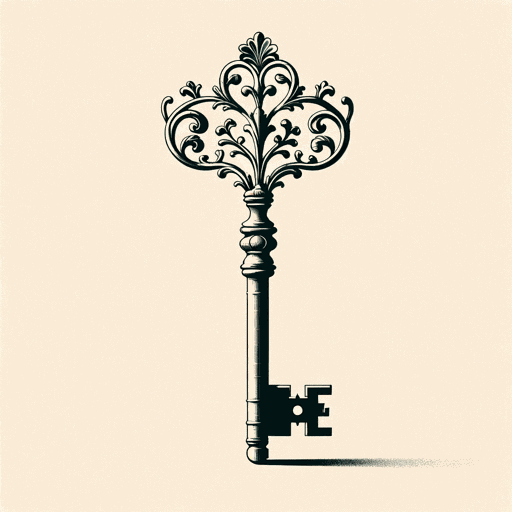
Arden of Faversham
Anonymous
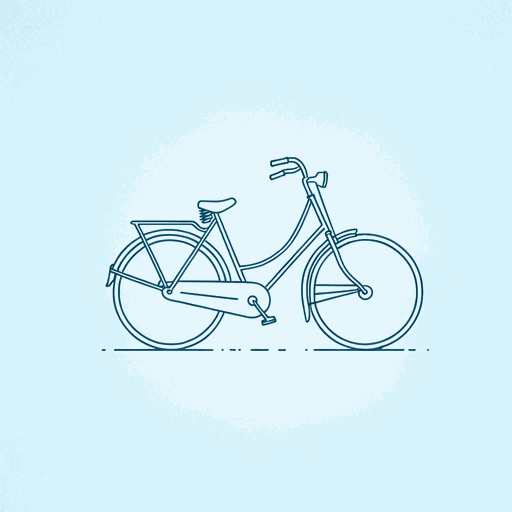
A Woman in Berlin
Anonymous

Bible (New Testament): English Standard Version
Anonymous
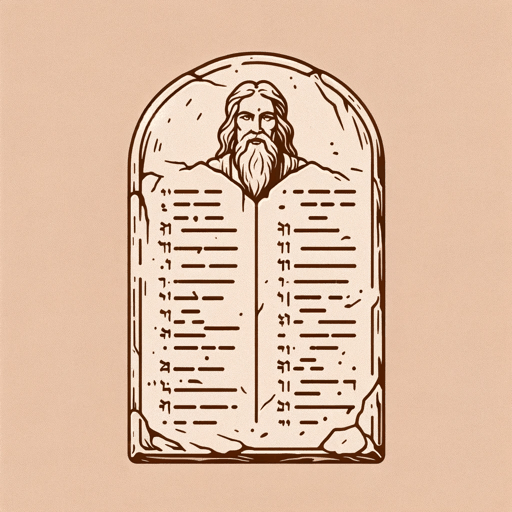
Bible: Old Testament: English Standard Version
Anonymous

Deuteronomy
Anonymous

Diary of an Oxygen Thief
Anonymous
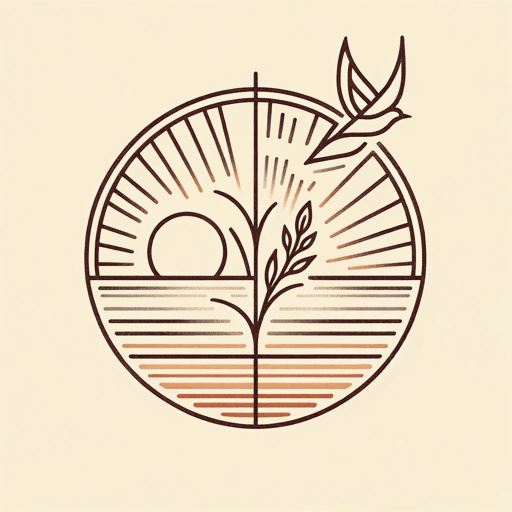
Do Not Stand at My Grave and Weep
Anonymous
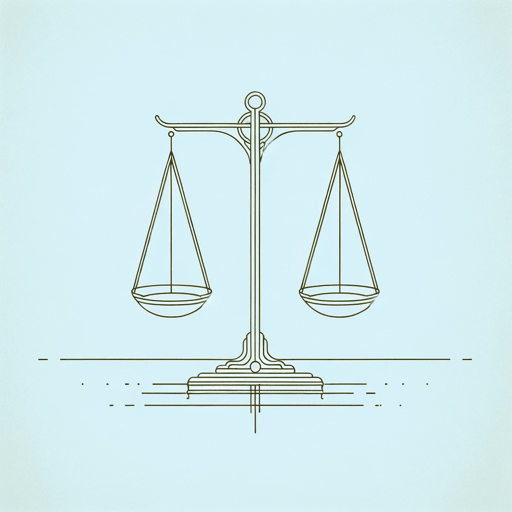
Everyman
Anonymous

Hebrew Bible
Anonymous

Holy Bible
Anonymous

Homeric Hymns
Anonymous
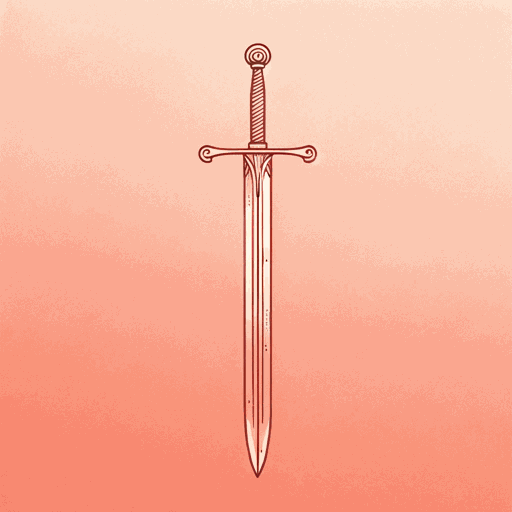
Judith
Anonymous

Laxdaela Saga
Anonymous

Lazarillo De Tormes
Anonymous

Mahabharata
Anonymous
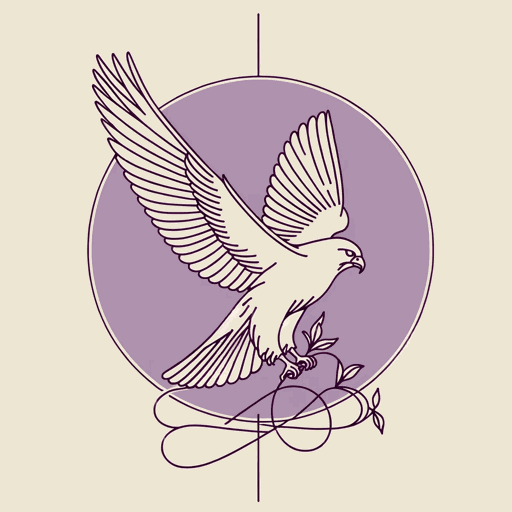
Nibelungenlied
Anonymous
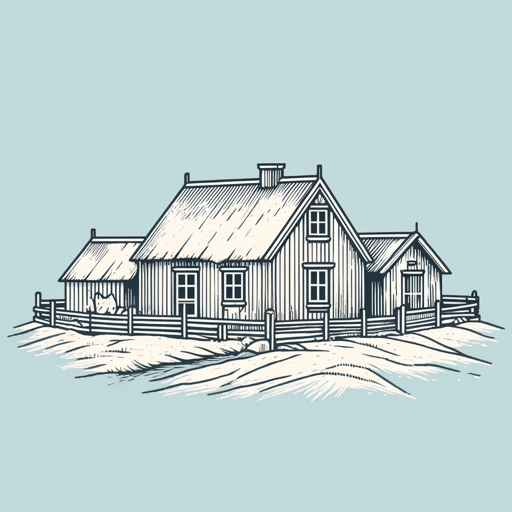
Njals Saga
Anonymous

One Thousand and One Nights
Anonymous

Popol Vuh
Anonymous
Featured Collections
9th-12th Grade Historical Fiction
View Collection
European History
View Collection
French Literature
View Collection
Good & Evil
View Collection
Loyalty & Betrayal
View Collection
Medieval Literature / Middle Ages
View Collection
Memorial Day Reads
View Collection
Military Reads
View Collection
Nation & Nationalism
View Collection
Safety & Danger
View Collection
School Book List Titles
View Collection
Sexual Harassment & Violence
View Collection
SuperSummary Staff Picks
View Collection
War
View Collection
